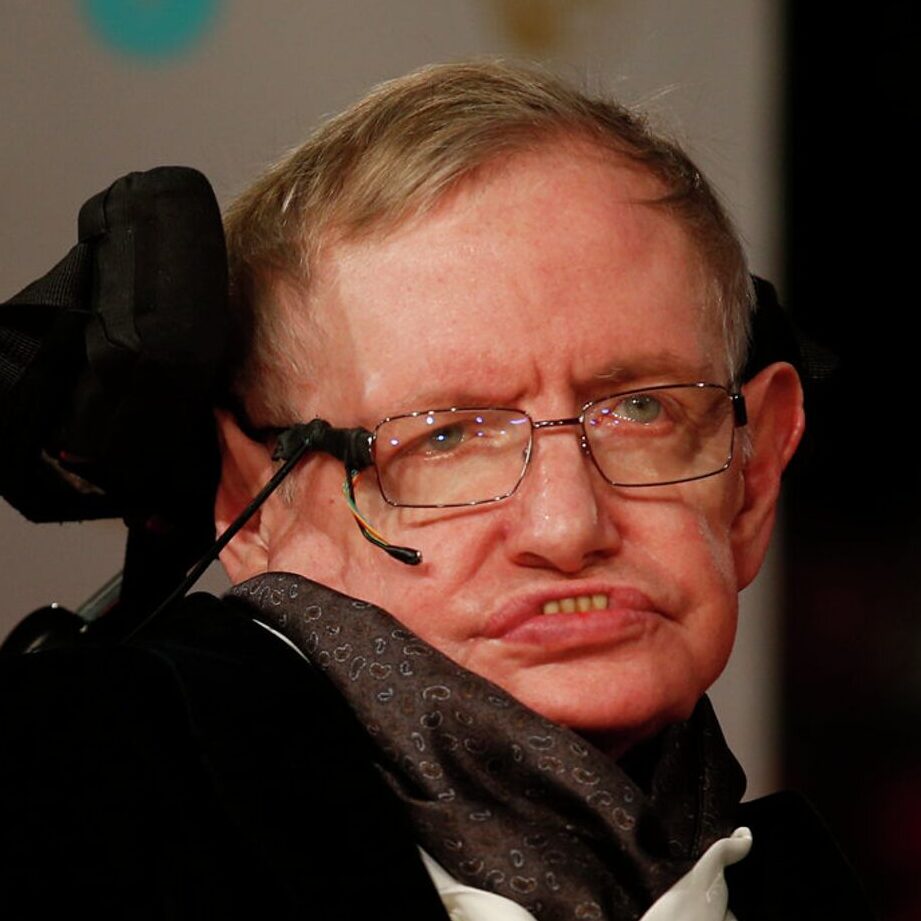Instinct is a behavior that is laid down by genes and occurs in response to unforeseen events. This is necessary M. S. Blumberg. Development evolving: The origins and meanings of instinct / Wiley Interdisciplinary Reviews: Cognitive Science to adapt and survive.
So, the bird reacts to the squeak and appearance of the chick and begins to feed it. She doesn't need to learn this or analyze what is happening. Therefore, baby cuckoos feel great in other people's nests.
Speaking of instincts, they often cite M. S. Blumberg. Development evolving: The origins and meanings of instinct / Wiley Interdisciplinary Reviews: Cognitive Science as an example, not some simple reactions like flowers turning towards the sun, but complex behavioral models. These include the instinct of self-preservation, survival, migration, and even the killer instinct. But it's not that simple here.
Instinct is a must—do program. But even if we talk about animals whose behavior should obey these innate patterns, we can see some contradictions. For example, hamsters have to raise offspring, but sometimes they eat their children.
Scientists conducted an interesting experiment on pregnant rats: they were launched on a space shuttle, and a couple of days before giving birth they were returned to Earth. As a result, the behavior of newborn astronauts differed from the control group. If they were placed in the aquarium with their backs down, they simply fell to the bottom, without even making an attempt to turn over. But the Earthlings turned over to swim out: even in the womb they learned about gravity, which does not exist in space.
Living beings do inherit some kind of reactions. But the more complex the latter, the more plastic they are.
There is no consensus, because the concept of instinct can be approached in different ways. Extreme points: a person cannot have instincts because of free will, or we are creatures completely dependent on biology with predetermined (deterministic) behavior. One of the most compromise points of view is that there are instincts J. R. Kantor. A Functional Interpretation of Human Instincts / Psychological Review , but they are not implemented in the same way as in animals.
Unlike animals, human instincts can change, which is why some scientists call them something else — instinctive behavior. They are reactions acquired during training, which gradually become what we call intelligent behavior.
For example, when a child learns to walk , he instinctively follows the call of his parents. But the more signals he receives from the environment, the faster he learns to respond to stimuli in a meaningful way: he begins to wonder if he really needs to go to mom and dad right now. Gradually, the behavior becomes more complicated and new reactions appear. As they grow up, they will transform and eventually become part of conscious actions, not instincts.
No. Let's look at an example of sexual behavior, which can also be considered an instinct. Each biological species is characterized by one mating system, and its representatives cannot choose another. Primates live in so-called harems: one male, several of his females and their offspring of different ages. The male is interested in preserving his genes, so he can kill a newborn cub from another family.
And we have something in common with primates. Scientists from Canada found out The Human Instinct: A Conversation with Ken Miller / Finnish Zoological and Botanical Publishing Board that children die at the hands of stepfathers 120 times more often than at the hands of their own fathers. It sounds scary. And ridiculous. After all, many of us were raised by non‑native people, and for some reason we remained alive.
And here's the thing: according to the study, 324 out of 1,000,000 foster children were killed. That is, in more than 999 out of 1,000 cases, the stepfather was a caring and gentle parent — which means he was retreating from the marriage system. That is, he acted contrary to instinct, which should be impossible. It turns out there is something else. And this is free will.
If we refuse The Human Instinct: A Conversation with Ken Miller / Behavioral Scientist from the idea of free will, because everything is subject to our biology, then we cannot be objective researchers, scientists. After all, it turns out that our conclusions are determined by the inherent biological program.

If we are truly deterministic beings and someday arrive at a definitive theory that can explain not only the origin of the universe, but also its behavior at any moment since then, then this will mean that the theory itself has determined the path. That is, we come to a hypothesis, but we will not be able to find out if it is true, because it led us to this conclusion. This is the great irony inherent in arguments against free will.
Free will does not deny The Human Instinct: A Conversation with Ken Miller / Behavioral Scientist evolution and the "animal" nature of man. Our brain obeys the laws of physics, chemistry and neural connections that gave us this freedom of will. Because if this were not the case, then there would be no idea of the instincts that control our minds.